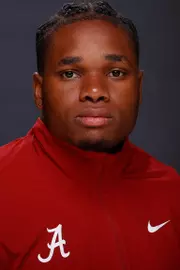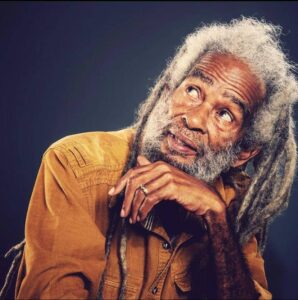
Same-sex union ‘yes’ vote still irritates some Cubans
HAVANA, Cuba — Though hard for some to swallow, an overwhelming majority of Cubans eligible to vote a month ago opted to embrace a Family Code, which among other things, paved the way for same-sex marriages.
Some of those who voted against the code, formulated in 1975 and which spoke to marriage as a union between man and woman, remain furious, as according to them, it has stained the fabric of Cuban society.
Just under 67 per cent of the voters who participated in the national referendum on September 25 opted for same-sex relationships. Cuban President Miguel Diaz-Canel signed the code into law on September 26, and it became effective the following day. Gay couples may also adopt children, and grandparents also have more power to raise children, allowing them visitation rights, or full custody of minors if it is in the child’s best interest, among other stipulations.
“This is not good for the country… not good for Cuba at all,” one man who voted against same-sex marriages, Julio Gonzales, said between sips of Cuba’s famed Havana Club rum recently.

He said he was surprised by the result, and wondered what his country had come to. “This would not have happened under Fidel,” he said of the former Cuban president, Fidel Castro, who led the triumphant revolution that toppled then leader Fulgencio Batista from power and took control of the island on January 1, 1959. Fidel died on November 25, 2016 at age 90. He retired as president in 2011.
Previously, especially during the 1960s, 1970s and early 1980s, gays were persecuted for disclosing their sexual inclinations.
“The young people of Cuba are not understanding the issues. It was not the right thing to do,” said the married father of three sons and a daughter.
Gonzales might even have been throwing his words at President Diaz-Canel Bermudez who openly campaigned for the change, and who tweeted in his native Spanish tongue at the end of the vote: ‘Justice has been done’.
It was also a success for one of the island’s staunchest proponents for same-sex unions, Mariela Castro, Fidel’s niece, and daughter of the man who succeeded him as president in 2o11 younger brother Raul, now aged 91.
Apart from Gonzales, there remain several others who contend that Cubans had done the wrong thing by joining eight other countries in Latin America that have legalised gay marriage in the last five years.
Manuel Cordoza, who described himself as a staunch Catholic in a land where religion is not as pronounced as in other regional territories, maintained that although he was not violently against gays, it was not the best thing for the majority to vote to change the Family Code.
“I have to respect the final result, but I am not happy with it, because I think that a lot of things will go wrong from now on. First of all, if more same-sex people get married, we are going to see a fall in the birth rate. They will tell you that gays can adopt children, but let us say a half of the Cuban population goes same sex, where will children come from to adopt?” Cordoza argued.
Cuba’s Ambassador to Jamaica Fermin Quinones Sanchez, in an interview with the Jamaica Observer last week, said that the rights of many Cubans were not being respected before, and the time had come to correct that.
“The Bill was something that the Cuban society was ready to adopt, even if some were not prepared to accept it,” he said.
“We are seeking to improve the rights of our people. Some of our population was not enjoying this, and we took into consideration the concerns of our people. Cuba is adopting new regulations to give more rights to everybody. For the first time, people have rights that they didn’t have before under the Family Code.
“One of the most advanced pieces of law is that grandparents have more rights to protect their grandchildren, and the children have more rights too… not that five year olds have the right to take a tattoo on his own, for example, but if that child is, say, 15 years old then that may be done,” Quinones Sanchez said.
Before the Family Code went to the vote, the 100-page document was discussed at community meetings. The campaign was led by gay rights activists across the island, although religious groups were those mainly in opposition to it.
In real numbers, of the 8.4 million Cubans eligible to vote, 74 per cent turned out to exercise their franchise. Just over 3.9 million went for same-sex unions, and only 1.95 million opposed. A breakdown of the demographic vote was not given by officials.
By October, same-sex marriages were being held in the socialist republic, with the Associated Press reporting one of the first such ceremonies between women Liusba Grajales and Lisset Diaz Vallejo in the central province city of Santa Clara on October 21.
“The entire world is heading this way of change and Cuba must move with it if we are to remain relevant,” stated one young Havana resident, who opted to be identified by the Christian name ‘Dana’.
“Even you guys in Jamaica, who are not so tolerant of gays, will soon have to put up with same-sex relationships. It is the new way of the world, and those who do not join up, will eventually face sanctions,” Dana predicted.
Cuba became the 32nd country in the world to approve same-sex unions.






















